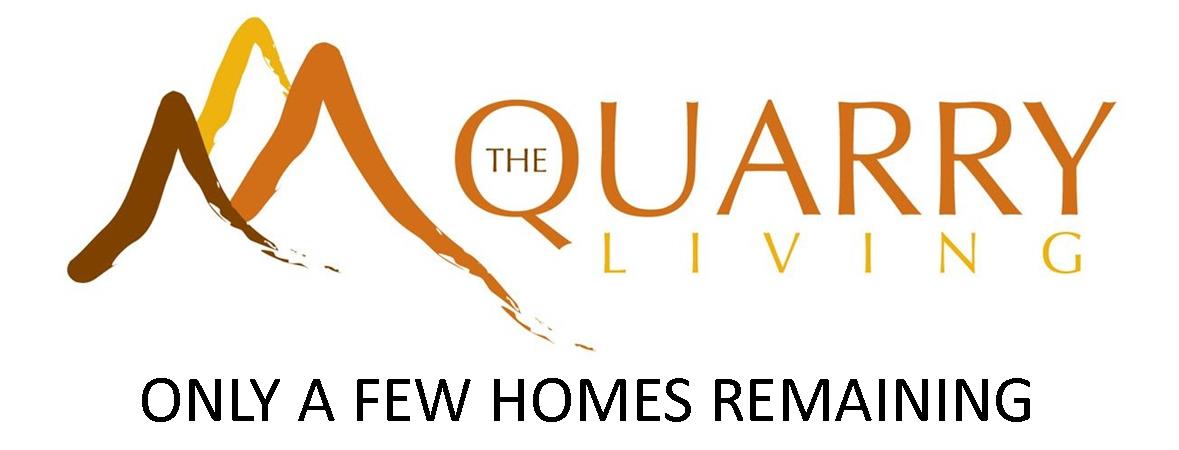Here’s an interesting article I read this week.
Son evicts mom who paid down payment, contributed to mortgage on shared house
A son and mother who bought an Abbotsford house together have been ordered to sell the shared residence after he evicted her, claiming the home was his – although she made the down payment and contributed toward the mortgage.
B.C. Supreme Court Justice Christopher Grauer said Anne Iberg and Russell Gordon Claridge have had a strained relationship for some time.
Since the eviction, Grauer said in a Feb. 12 decision, “they have been fully estranged, and it is clear that sharing the same residence is no longer practicable.”
In June 2008, Iberg, 75, paid more than $100,000 towards the purchase of a house to live in with Claridge, the ruling said. She also paid significant sums for furniture and appliances in two suites in the house and for landscaping.
Claridge, said the court, contributed no money of his own toward the purchase, but did pay equally with his mother towards the mortgage payments and expenses.
Iberg testified that she understood they would be joint owners, each living in their own suite.
They had shared the house for a decade but on Feb 26, 2018, Claridge served his mother with a two-month notice to end tenancy for landlord’s use of property.
“He said that he did so because he had a new child on the way, and wanted to live in the larger upstairs suite, switching with his mother, an idea she had raised herself,” Grauer said.
When she missed her contribution to the March 2018 mortgage payment, the first such instance, Claridge served a 10-day notice to end tenancy for unpaid rent.
Iberg testified she realized only then that she had signed the assignment of purchase contract in favour of her son. Soon after, she also realized she had apparently signed a residential tenancy agreement with her son as landlord, she said.
“There is no doubt that she signed the documents,” Grauer said.
Claridge claimed the money was a gift – a condition required by the lender – and that the house is his and that he was entitled to evict his mother.
“This would leave Mrs. Iberg with nothing after a lifetime of supporting her son,” Grauer said in his ruling.
Grauer ruled Iberg should receive $130,000 to reflect what she had put into the property and that any equity left from the payout of a first mortgage on the house should be divided equally. Always be fully aware of everything you sign and obtain professional and legal advise…especially when purchasing property with the intention of being joint tenants.
News source found here: https://biv.com/article/2019/02/son-evicts-mom-who-paid-down-payment-contributed-mortgage-shared-house#disqus_thread
Tibor Bogdan
*Personal Real Estate Corporation
Sutton Showplace Realty
cell: 604-855-2521
TF: 1-877-858-2408



